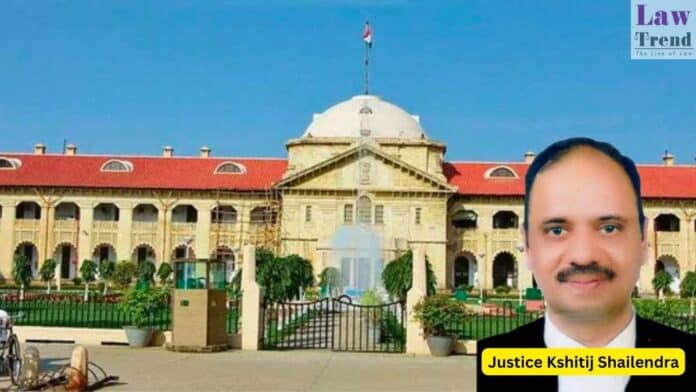In a recent judgment, the Allahabad High Court dismissed the second appeal filed by Mahavir Prasad, the defendant in Original Suit No. 974 of 2014, and upheld the concurrent decisions of the lower courts, which had decreed a suit for specific performance based on a registered sale agreement. The judgment, delivered by Justice Kshitij Shailendra
To Read More Please Subscribe to VIP Membership for Unlimited Access to All the Articles, Download Available Copies of Judgments/Order, Acess to Central/State Bare Acts, Advertisement Free Content, Access to More than 4000 Legal Drafts( Readymade Editable Formats of Suits, Petitions, Writs, Legal Notices, Divorce Petitions, 138 Notices, Bail Applications etc.) in Hindi and English.




